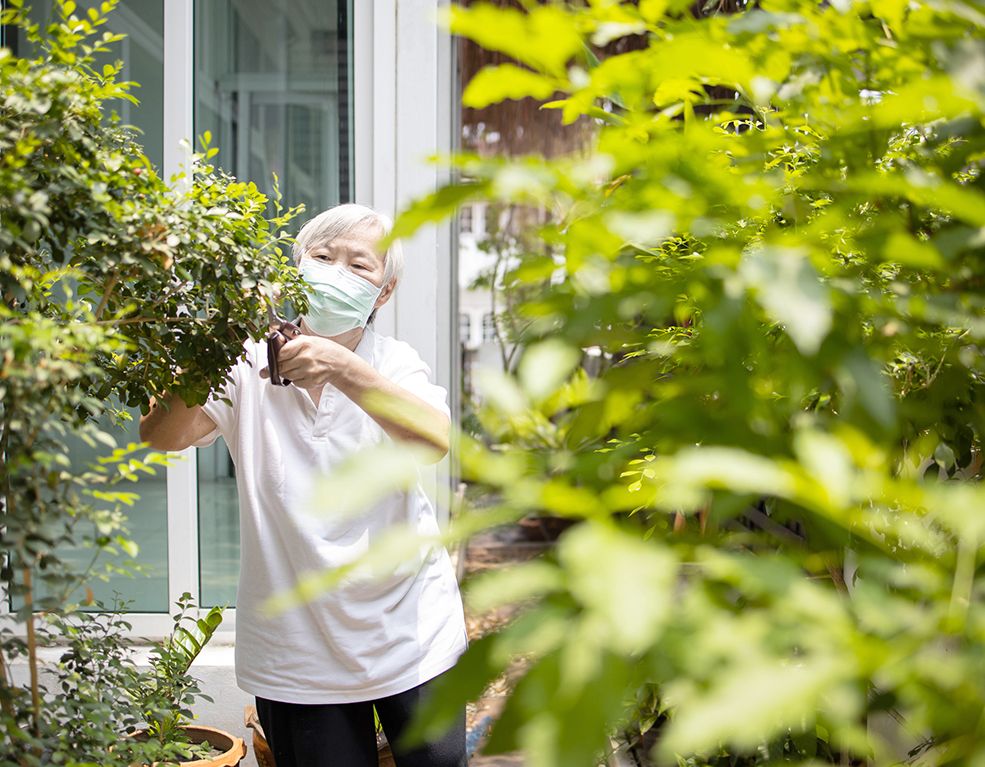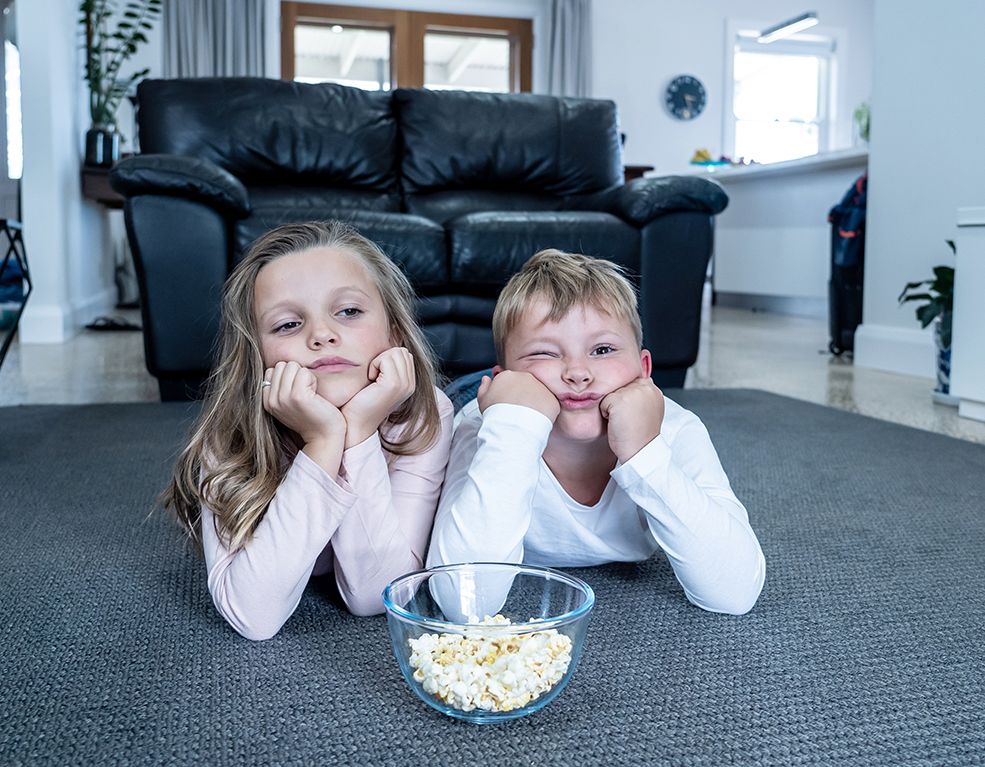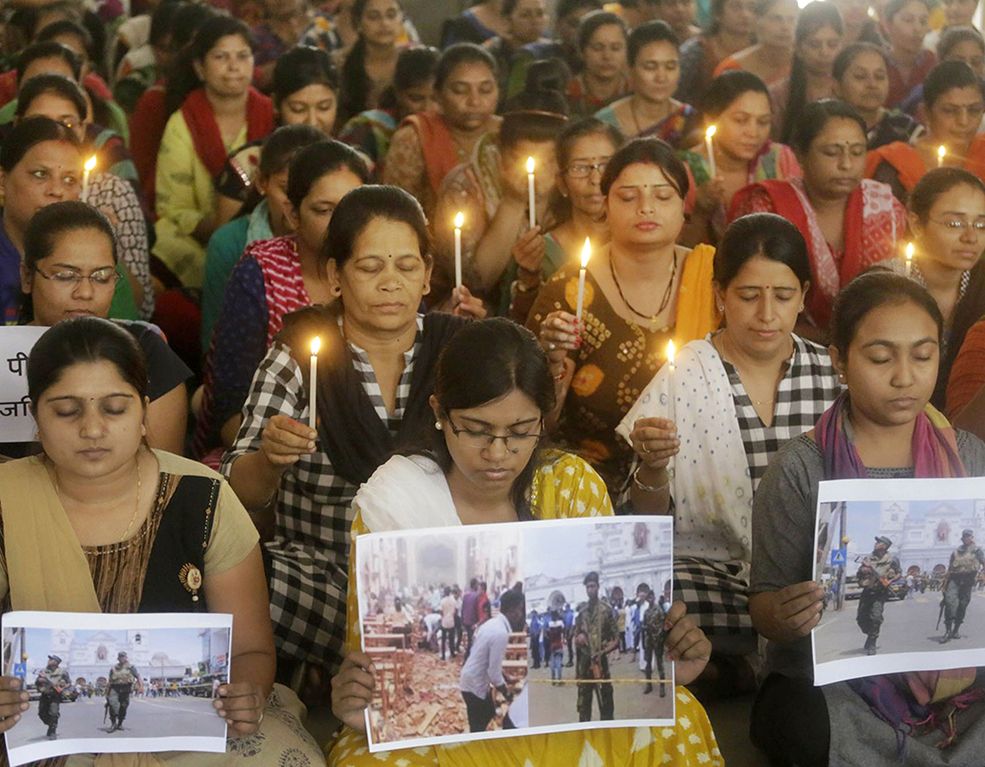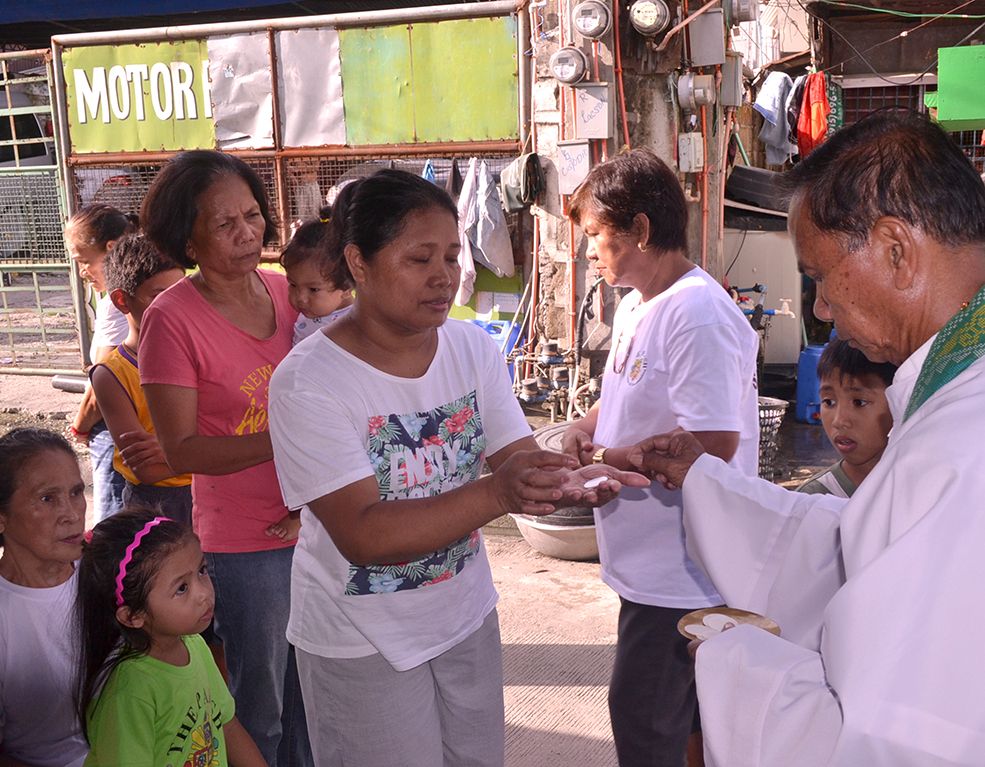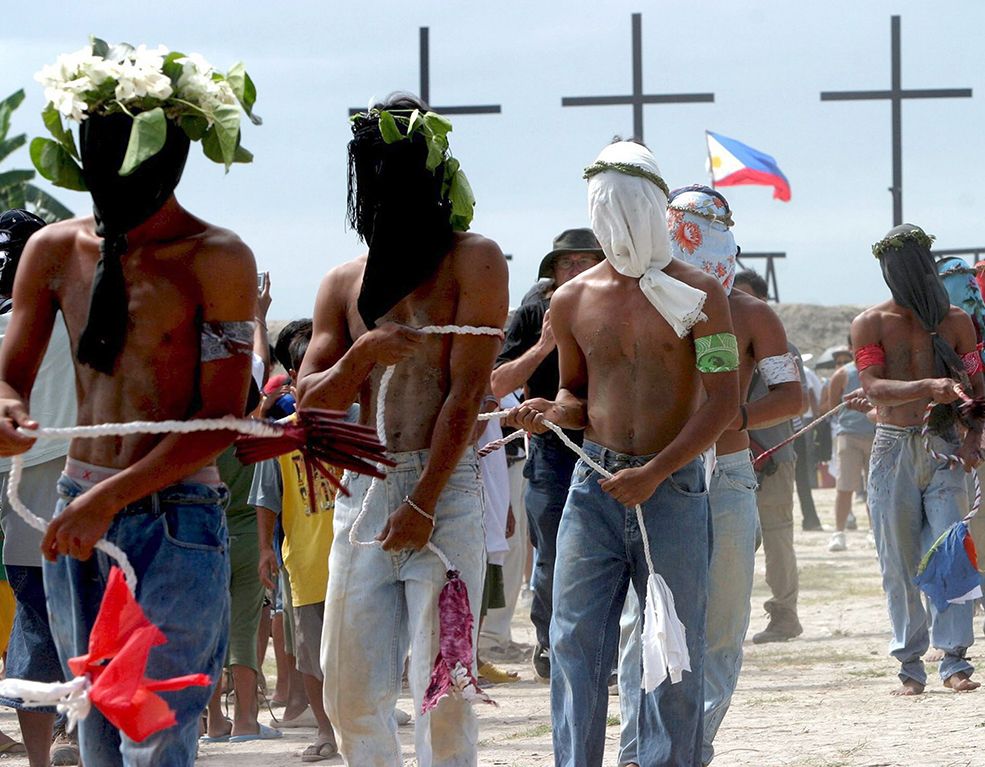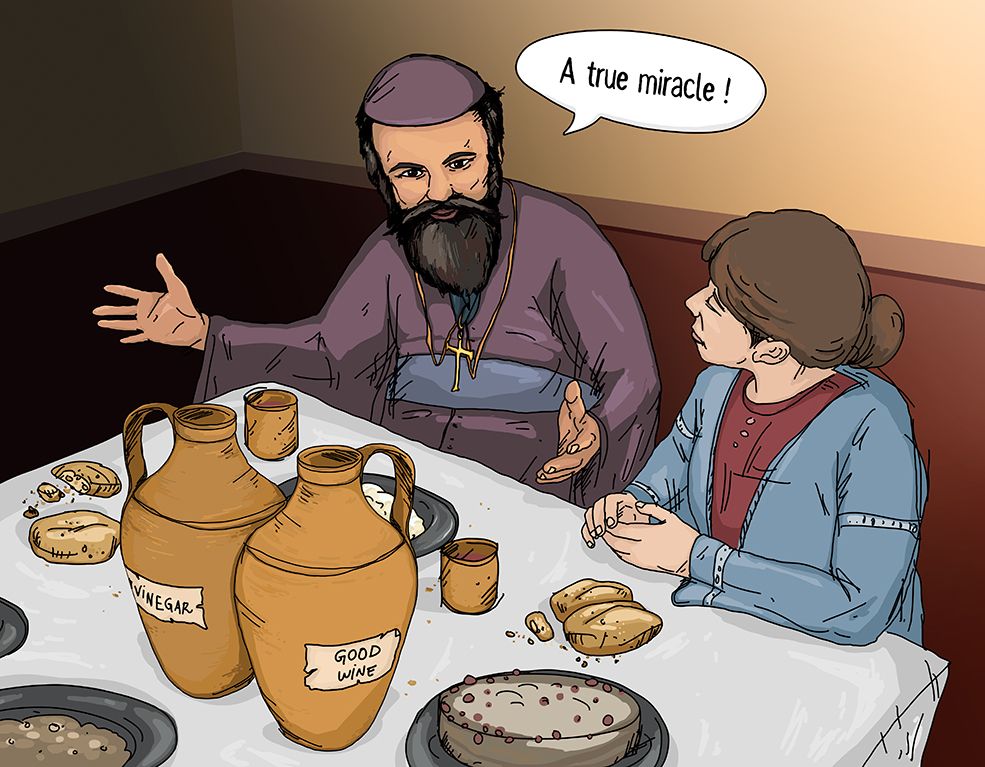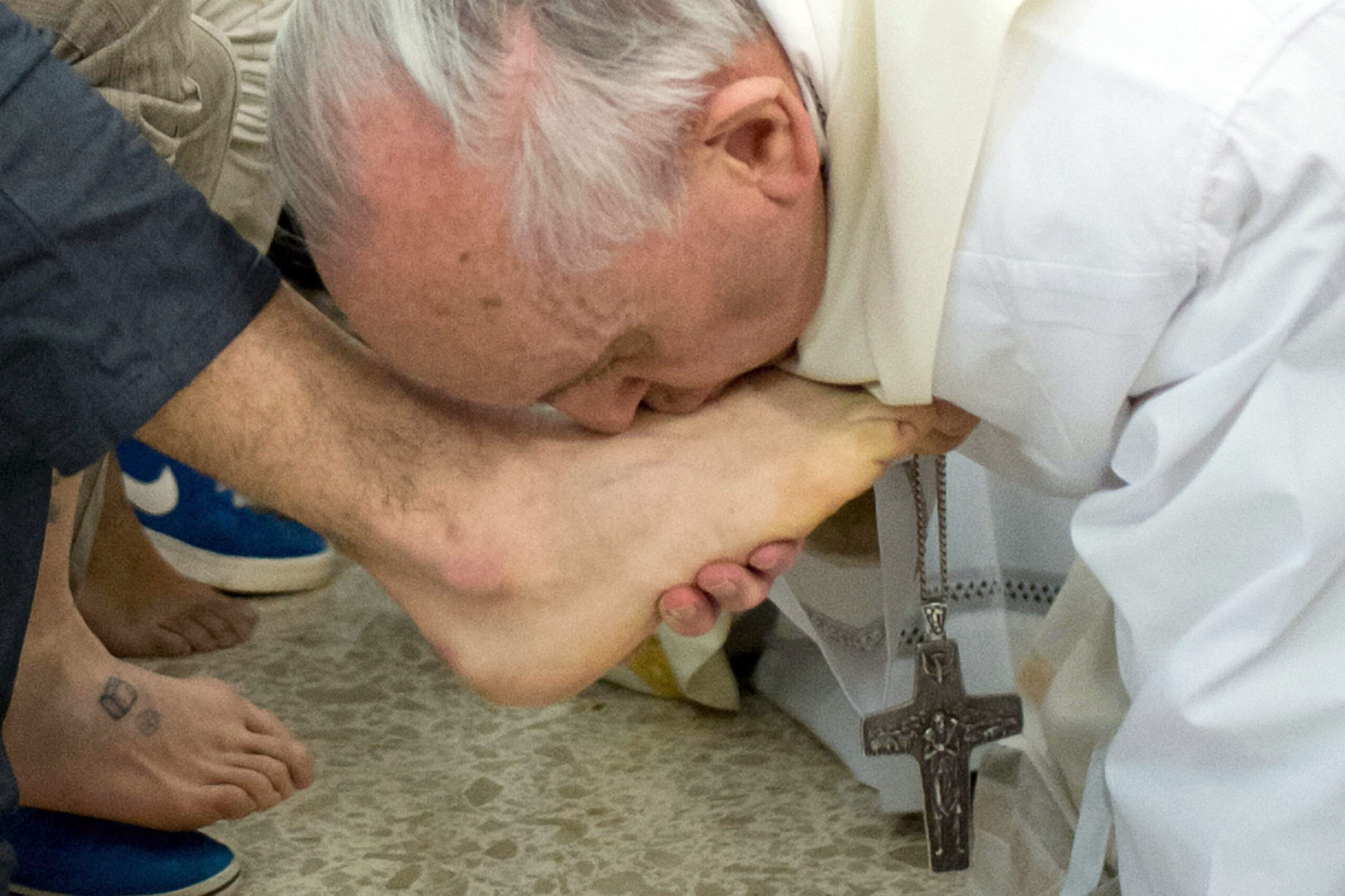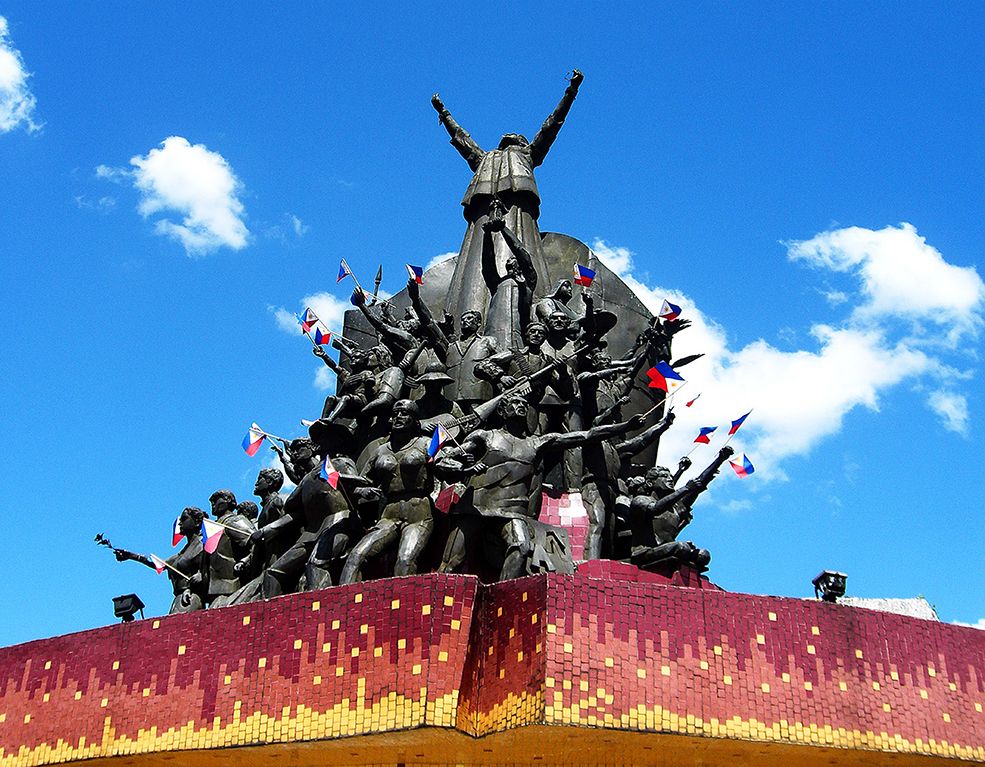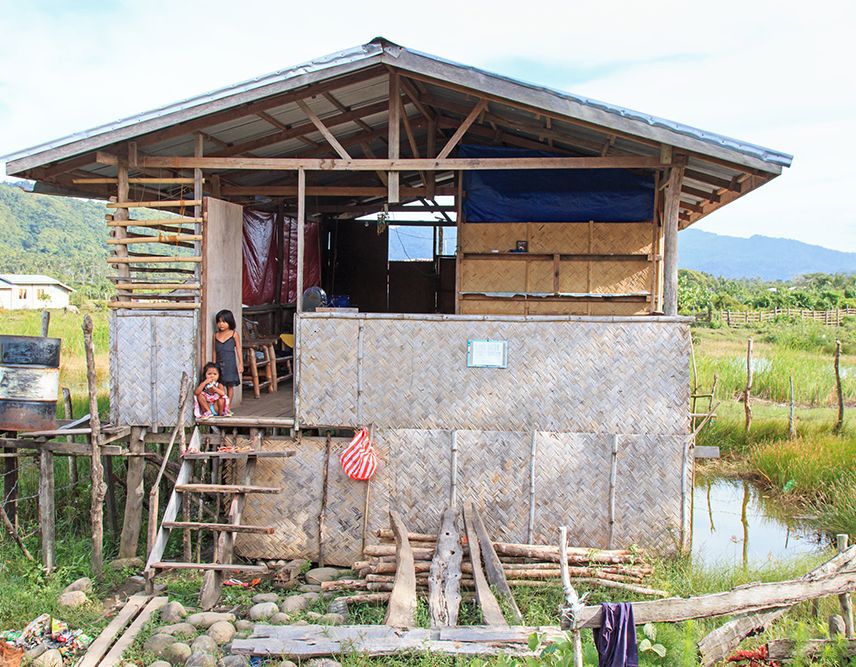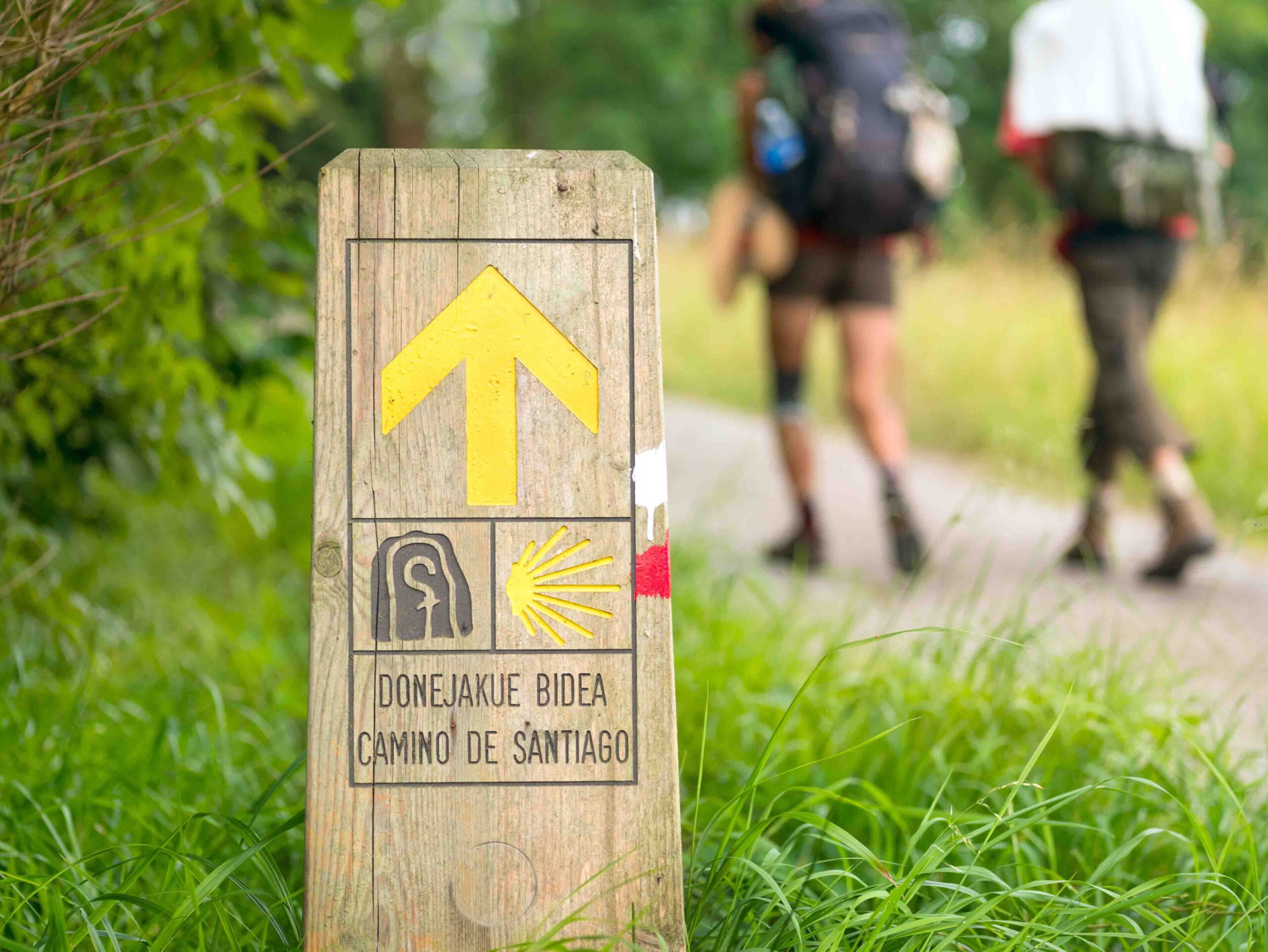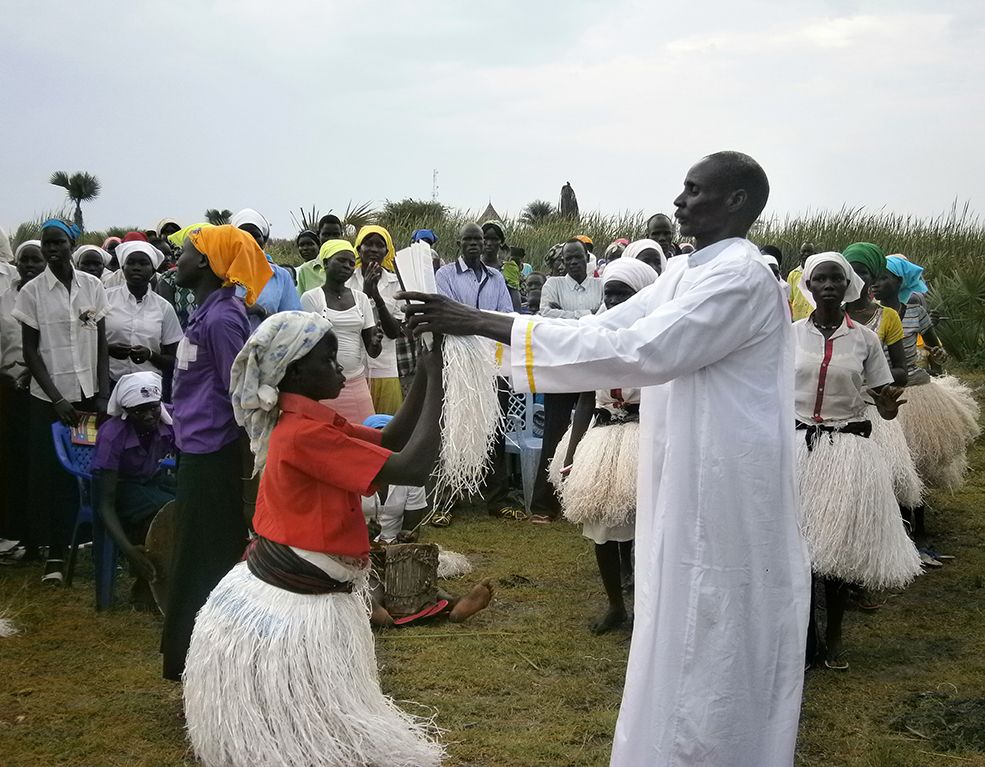It has been more than a year since the Philippines was placed on lockdown due to COVID-19. It started from a week, which extended for a month, and up to now, some areas in the Philippines are still under community quarantine. With unclear plans and actions and no specific time frame to lift restrictions, all that we can do is to follow the health protocols and to hope and pray that everything will go back to normal. However, it is still uncertain how long we need to wait until the fight against COVID-19 is won.
Although the IATF and DOH have already allowed people aged 5 to 65 to leave their residences, they still advise the elderly Filipinos to stay away from public areas. Extra caution is necessary for the older population because they face a significant risk of developing severe illness if they contract COVID-19. This is because of the physiological changes that come with aging as well as other underlying health issues that they may have.
Health protocols, such as restrictions from entering public places and curfews for certain age groups, are implemented to protect the vulnerable population from contracting and spreading the COVID-19 virus. However, there are unintended consequences on the mental health of a person. These restrictions already negatively affect the general population in various ways. We can just imagine the impact these restrictions have for the elderly who are at most risk and in whom the strictest quarantine measures apply.
Being confined in the same place for a long time affects the mental health of the elderly. Here, we highlight some of the impacts of prolonged isolation and quarantine on the mental health of the older Filipino population.
Decrease In Socialization
Studies suggest that social connectedness and engagement are important to promote healthy aging. With community quarantine measures being implemented, socialization is limited and more difficult to do. It can become more challenging for older Filipinos who are living alone and have no moral support at home. Since they are unable to see their family and friends, many older individuals experience further isolation.
Social support for older people may be diminished. Even for those who are self-sufficient, the mobility of older Filipinos is affected since they are prohibited from going outside of their residences. This makes their usual trips to the supermarket more difficult. Their livelihood may also be affected because of the restrictions.
Although technology allows people to connect with others, not everyone has access to it. Many older Filipinos are not well-versed when it comes to digital platforms. This makes it more difficult for them to connect with others outside of their homes. These can contribute to further frustration, feeling of loneliness, and a decline in emotional well-being.
Impact On Psychological Well-Being
Confinement for a long period can negatively impact the psychological well-being of older Filipinos. Whether it’s guards that stop them from entering public areas, their family members prohibiting them, or their fear of contracting the disease that prevents them from going outside, older individuals may feel trapped in their houses. This prolonged confinement may lead older Filipinos to experience anxiety, depressive symptoms, disturbance in sleeping patterns, and agitation.
We had no prior experience in dealing with COVID-19. This has brought fear to the population, particularly for the elderly since they have a significant risk for the disease. The anxiety of contracting the virus can impair day-to-day activities. During isolation, older Filipinos may experience regular and debilitating worry about things that usually do not cause worry before the pandemic. They may also experience heightened stress and a decrease in coping skills due to the lack of social support, making them fixate on the uncertainty of the pandemic. Another worry faced by the elderly is the fear of dying alone. Whether it is because of COVID-19 or other health problems, being isolated in the hospital during this pandemic crisis is not easy.
Coping with prolonged confinement can be difficult. It is normal for people to feel down from time to time, especially for older adults. However, clinical depression is not a part of normal aging. Feelings of uncertainty and social isolation brought by the pandemic may lead older individuals to experience a change in their appetite, frustration, irritability, and boredom among many other symptoms of depression. Overall, prolonged community quarantine presents symptoms linked with late-life anxiety and depression.
Unmet Spiritual Needs
Spiritual well-being is an integral part of the overall well-being of an individual. For older Filipinos, participating in church activities is part of everyday life. Attending Sunday mass followed by family gatherings is a tradition that older Filipinos look forward to. Due to physical distancing, many are not able to attend mass.
Although there are churches that broadcast their mass through television or online streaming platforms, not everyone has access to it. To others, the experience of attending mass through their screen is not the same as being physically present inside the church where they can receive communion. Not being able to physically attend mass, participate in religious events, and do their volunteer work in the church can exacerbate feelings of uncertainty for older Filipinos. Some even lose their connection with their churchmates and spiritual leaders.
Decline Of Physical Well-Being
Part of taking care of one’s mental health is taking care of one’s physical well-being. Being confined for a long period can lead to a sedentary lifestyle. Older individuals may spend more time sitting down and watching TV just to pass time. This may also lead to other unhealthy behaviors such as overeating, improper sleeping habits, and increased tobacco and alcohol consumption. All of these are known to increase morbidity and mortality in older individuals. This can be problematic for older individuals who have chronic medical conditions.
The decline in performance in cognitive tasks is part of normal aging. With the changes that the lockdowns and prolonged quarantines bring, there has been a change in the day-to-day activities of older individuals. Physical activities of older adults are reduced. This disruption can impact the cognitive functioning of the elderly which may lead to poorer mental health and low quality of life.
Mental Health Of Older Filipinos
Mental health is important at every stage of life. It is important now more than ever since we are facing a pandemic. In this time of crisis, we must give special attention to the mental health of the elderly. The good news for older individuals facing mental health issues is that it is treatable. A holistic approach is necessary to help mitigate the psychological damage caused by prolonged isolation on older Filipinos. Interventions should include emotional, spiritual, social, and physical components.
The National Council on Aging recommends the following to help manage the mental health of older adults during the pandemic. Staying updated and taking practical steps to protect oneself and loved ones against COVID-19 is important. Limiting news to credible sources can help alleviate anxiety. Engaging in healthy activities, sticking to regular routines as much as possible, and taking on new hobbies can help improve one’s mental health. It is also vital to stay connected with one’s support network. Whether it is through faith or simply having someone to talk to about needs and feelings, a support network is essential for mental health.
Seeking help from competent mental health care professionals is necessary to prevent the further development of severe mental illness. For anyone who is experiencing mental health issues, the National Center for Mental Health provides a crisis hotline that is free to the public. There are also plenty of other institutions that offer various psychological services during the pandemic for those who need them.

